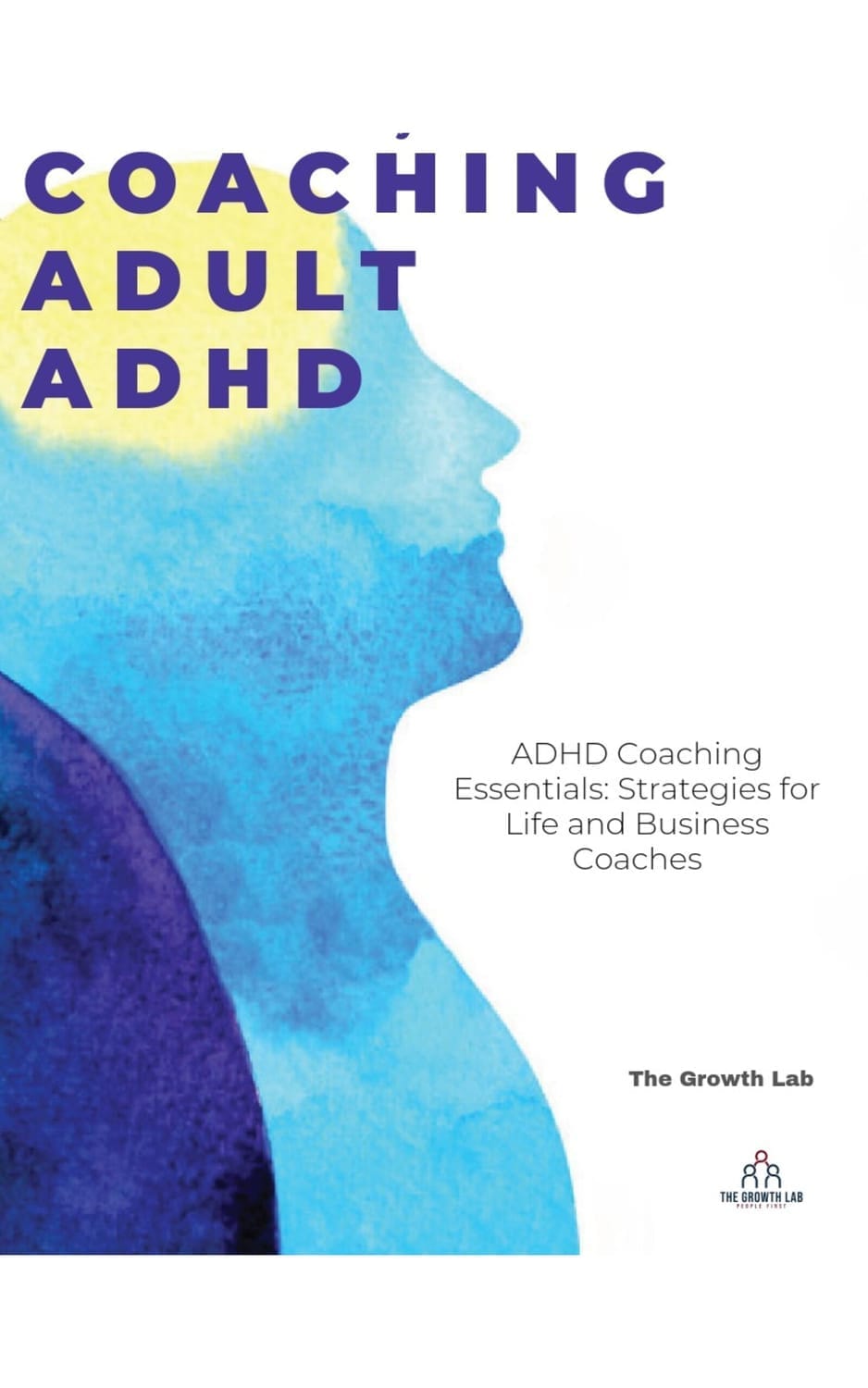Adult ADHD coaching



What is ADHD coaching like for adults?
When considering the practice of coaching individuals with ADHD compared to ADHD coaching specifically, it's essential to delve into the distinct approaches and outcomes each method entails.
Traditional coaching typically follows the GROW model, focusing on goals, reality, options, and will. This framework applies regardless of the coaching style employed, aiming for long-term growth and achievement. Such coaching relationships often span several weeks or months, addressing broader aspects of personal or professional development. The emphasis lies in setting sustainable goals, navigating realities, exploring viable options, and fostering the will to pursue chosen paths effectively.
Conversely, coaching someone with ADHD demands a more nuanced and adaptive approach. Whether it's for life, business, or leadership, the process involves continuous recalibration due to the unique challenges posed by ADHD. Individuals with ADHD may encounter frequent setbacks, distractions, or shifts in focus, necessitating ongoing adjustments in coaching strategies. Goals initially set may need revisiting as alignment with personal aspirations evolves or as obstacles specific to ADHD manifest.
ADHD coaching, on the other hand, focuses squarely on integrating ADHD into everyday life. It operates within a shorter timeframe compared to traditional coaching, aiming to equip individuals with practical tools and strategies tailored to managing ADHD-related challenges. The goal is clear from the outset: to address ADHD symptoms within specific contexts such as relationships or the workplace. This focused approach involves setting immediate goals, implementing structured plans, and establishing accountability measures to facilitate rapid improvement and adaptation.
As individuals make strides in managing their ADHD symptoms and achieving their initial goals, the need for ongoing ADHD-specific coaching may diminish. Some may transition to broader life, business, or leadership coaching once foundational ADHD management skills are established. This progression reflects a shift from immediate symptom management towards long-term personal and professional growth, often facilitated by a deeper understanding of ADHD's impact on their lives.
In essence, while traditional coaching operates with a broader, longer-term perspective, ADHD coaching serves as a targeted intervention aimed at addressing immediate challenges posed by ADHD. Both approaches contribute uniquely to personal development journeys, adapting to individual needs and aspirations while recognizing the dynamic nature of ADHD management over time.
Each method offers valuable insights and strategies, ensuring that coaching remains a responsive and effective tool in supporting individuals towards achieving their full potential, whether managing ADHD symptoms or pursuing broader life goals.
Contact Jeremy to discuss progressing your growth in life with Adult onset ADHD.


